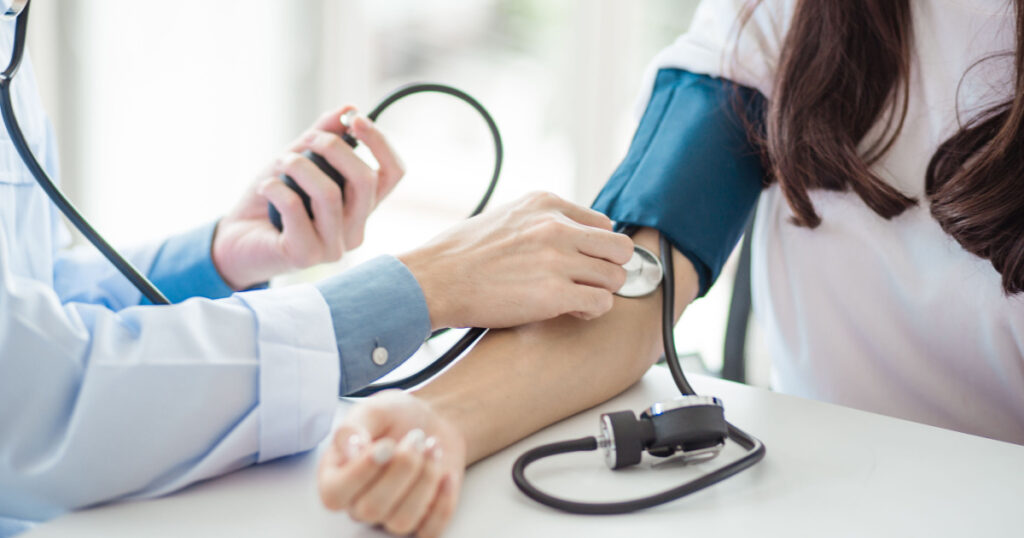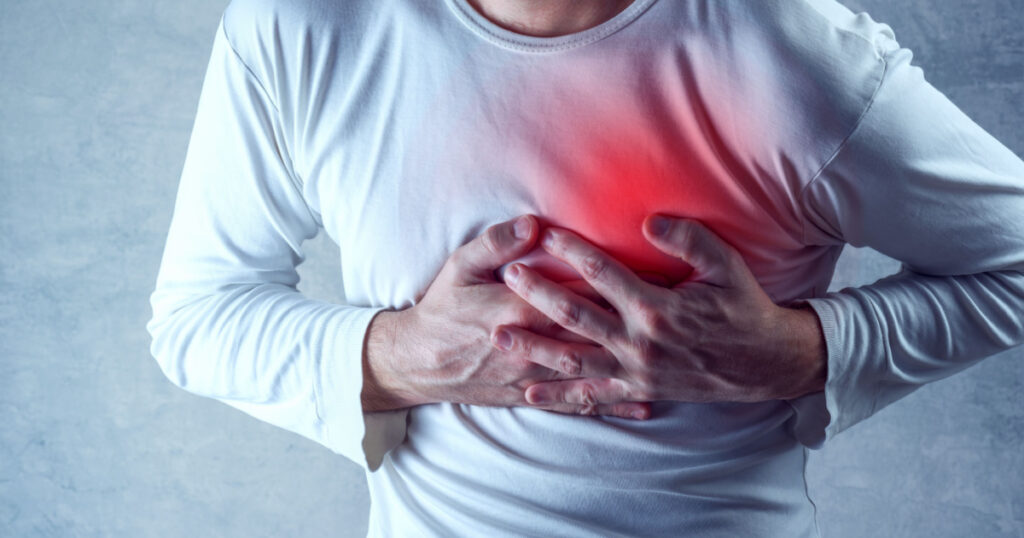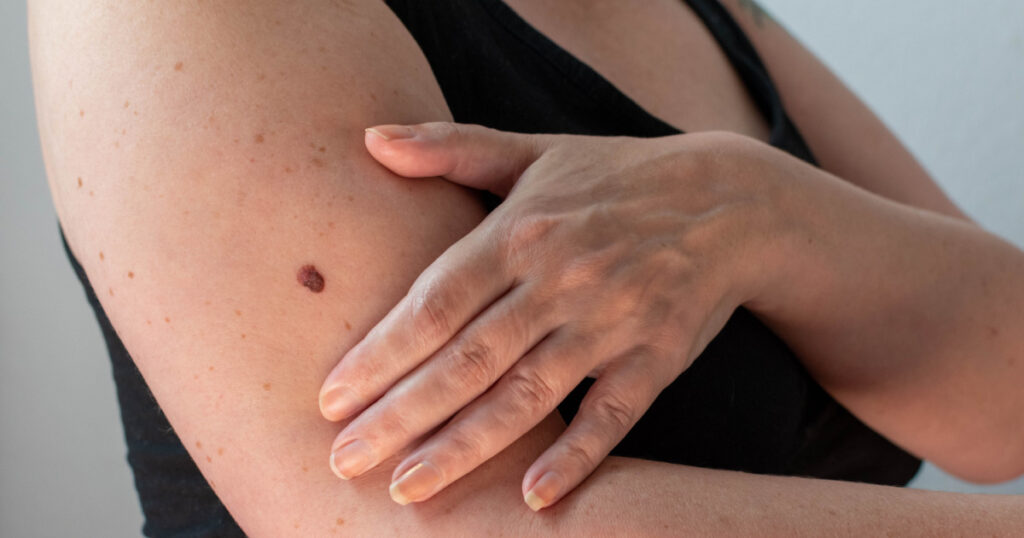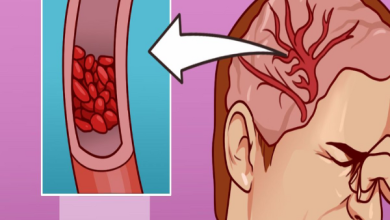15 Health Changes You Shouldn’t Ignore

Some fortunate individuals are still able to get treatment and fix the problem in time. Others, however, are not so lucky. For this reason, it is crucial that you pay attention to what is happening both on and in your body. Many small health changes are nothing to worry about, but some could have life-altering consequences if they’re ignored.
Many of the following health changes could have multiple causes, and in most cases, even the changes on this list may not be serious. Despite this, if you notice any of them happening to you, you should see a doctor right away. If, by chance, they are signaling to you that something’s wrong, the earlier you can get a diagnosis, the higher your likelihood for a positive outcome.
1. Severe Head Pain

Headaches are extremely common, and it is unlikely that you’ll make it through your life without experiencing one at least once. That being said, there are several different types of headaches, some of which you should definitely take more seriously.
If you don’t normally suffer from headaches, and then you are struck with a sudden, very painful one, it could be a sign of a stroke, tumor, or blood clot. Even if you do suffer from migraines or other types of headaches, any pain that is out of the ordinary should be taken seriously [1]. Discuss these health changes with your doctor.
2. Chest Pain or Pressure

Chest pain or pressure could be the sign of a lot of things, most of which are no cause for concern. However, it could also be a sign of a heart attack. Particularly for women, the signs for a heart attack tend to be much more subtle, so there are certain symptoms you should watch out for, including:
- Unusual pressure in your upper body
- Shortness of breath
- Dizziness or lightheadedness
- Extreme fatigue
- Cold sweat
- Nausea, indigestion, heartburn, abdominal pain
3. Unexplained Weight Loss

Many people fluctuate in weight day to day, week to week, and month to month. If you lose ten pounds, or approximately five percent of your body weight, over six to twelve months and you don’t know why you should talk to your doctor.
If this weight loss is accompanied by a loss in appetite, it could mean anything from depression or stress to chronic infections like AIDS, to cancer.
4. An Odd-Looking Freckle or Mole

Many marks on your body are harmless, especially if you have many freckles to begin with. You should, however, perform regular checks to make sure none of those marks are changing. If you notice a new or irregular brown spot, it could be melanoma. Signs of an abnormal mole include:
- The color changes
- The mole gets unevenly smaller or bigger (unlike normal moles in children, which get evenly bigger)
- The mole changes in shape, texture, or height
- The skin on the surface becomes dry or scaly
- The mole becomes hard or feels lumpy
- It starts to itch
- It bleeds or oozes [4]
5. You Can’t Quench Your Thirst

Frequent thirst and urination are two of the most common signs of type 2 diabetes. This is because when you have type 2 diabetes, you have excess glucose in your blood. Your kidneys, then, have to work extra hard to filter and absorb it.
When your kidneys are unable to keep up, you excrete the excess glucose in your urine. This pulls fluids from your tissues, which makes you dehydrated. Even if you do not have type 2 diabetes, constant, insatiable thirst, swelling, or rapid weight gain, could be a sign of heart or kidney problems.
6. A Persistent Bloated Belly

Bloating can happen after you’ve eaten a large meal, and it is a common symptom for women during their menstrual cycle.
If, however, you’re still bloated two weeks after your period ends, it could be a sign of ovarian cancer. Additionally, constant fatigue and indigestion are other oft-overlooked signs of gynecological cancers.
7. Abnormal Vaginal Bleeding

Vaginal bleeding (outside of your regular period) is a symptom for more than ninety percent of women with endometrial cancer. If you are a woman who has gone through menopause and you experience bleeding, even if it’s just a small amount of spotting, you should talk to your doctor.
If you are still getting a regular period, but experience bleeding between periods or during sex, you should also go see your doctor about these health changes.
8. Shoulder Blade Pain

Not only can heart attack symptoms in women be more subtle than men, they can also be entirely different. In addition to pain in the chest, women should watch out for the following symptoms:
- Pain between the shoulder blades
- Jaw pain
- A heartburn-like feeling
9. Your Nipples are Turning Inward

Any changes in your breasts or surrounding area should be taken seriously. Lumps in the breast are a well-known sign of breast cancer, but there are several other less common symptoms that you should not ignore:
- Lumps in your underarm
- Nipple pain
- Nipples turning inward
- Redness
- Scaliness
- Thickening of the nipple or breast skin
- Nipple discharge
10. Coughing Up Blood

If you have a cold and a dry throat, you may cough up blood. In that case, it is likely nothing to worry about. If it persists, however, it could mean something more serious. It could mean you have a blood clot, cancer, or tuberculosis.
Vomiting blood could be even more serious. It could mean you have a bleeding ulcer, severe liver damage, or tumors in the esophagus or stomach.
11. A High, Persistent Fever

A high fever is when you have a temperature of 103 degrees Fahrenheit or higher. A fever this high is always a reason to call your doctor. If, however, you have a low-grade fever of 100 degrees Fahrenheit for several weeks, you should also get medical attention regarding these health changes.
A fever is a sign that your body is fighting an infection, and an extremely high fever could be a sign of the following:
- A urinary tract infection
- Pneumonia
- Inflammation of the heart lining
- Meningitis
A low-grade fever that won’t go away could be a sign of lymphoma or leukemia [12].
12. Confusion

Forgetting where you parked the car, or where you set your glasses down is normal. As you age, you might find it takes you a bit longer to remember than it used to, but this isn’t necessarily a cause for concern.
Confusion or decreased alertness, however, can be the first sign of something more serious, especially when it happens all of a sudden. This could be a symptom of anything from an infection like a UTI or sepsis, to malnutrition or a vitamin deficiency, to a stroke or a seizure.
13. Swelling in the Legs

If you are at high risk for cervical cancer, swollen legs could be a concern. The condition, which the medical field refers to as edema, means that something has gone wrong with your body’s natural filtering process.
Typically, edema is only a sign of cancer if it occurs alongside other symptoms like pain, unusual discharge, pelvic pain, or other cervical cancer symptoms.
14. Your PMS Symptoms are Getting Worse

2018 research from Oxford University found that women with undiagnosed STDs often report having more difficult PMS symptoms. These health changes could include headaches, cramps, and sadness toward the end of their cycle.
The researchers concluded that if you notice your PMS symptoms suddenly getting worse, you should talk to your doctor.
15. Clubbed Fingernails

When your nail bed softens, and your fingernails grow curved at a sharper angle, this is called “clubbing”. Common symptoms of clubbing include:
- The nail beds soften. The nails may seem to “float” instead of being firmly attached.
- The nails form a sharper angle with the cuticle.
- The last part of the finger may appear large or bulging. It may also be warm and red.
- The nail curves downward so it looks like the round part of an upside-down spoon.
Clubbing happens when you have less oxygen in your blood, which could be a potentially serious health issue. If, however, you get treatment right away, they can go away quickly.
Don’t Ignore Health Changes
It is always important to pay close attention to your body, and to keep an eye out for any health changes. In many cases they may not be a sign of anything dangerous, but in the off-chance that they are, you want to be treated as soon as possible.
It is always important that we take our health seriously, and listen to our bodies when they’re trying to tell us something.






